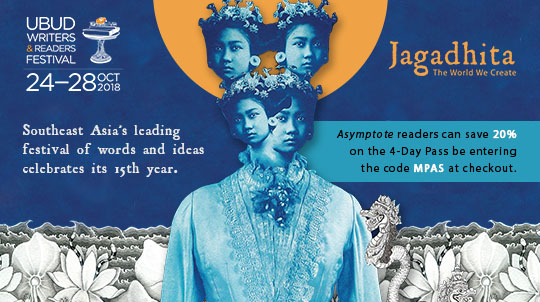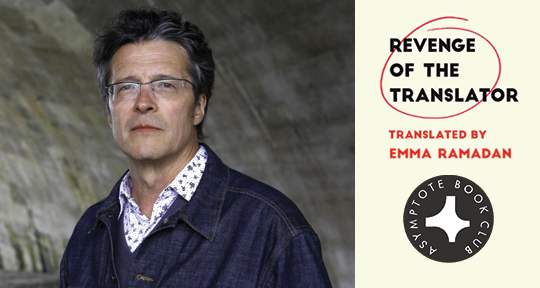World literature will be inclusive only through a continuous effort of organizing against the dominant, listening to the underrepresented, and making space for the unheard to bloom. This week our Editors-at-Large report such efforts from Australia, Hong Kong, and Slovakia. Read on to find out how the voices of women, indigenous and local peoples are being amplified around the world.
Tiffany Tsao, Editor-At-Large, reporting from Australia:
As part of an effort to resist the colonial systems that are the Australian publishing industry, the Australian media and arts industries, and modern Australia itself, the literary quarterly The Lifted Brow made the decision to hand over the entire production of their December issue to an all-First-Nations team of writers, editors, and ancillary staff. “We at TLB are too white, in all senses of that term,” read the magazine’s official statement on the matter. “[I]t’s way past the time that this should’ve changed. Our job and responsibility now is to push back against these oppressive and harmful regimes-within-regimes, not because we can undo the past, but because we can make better the present and the future.”







